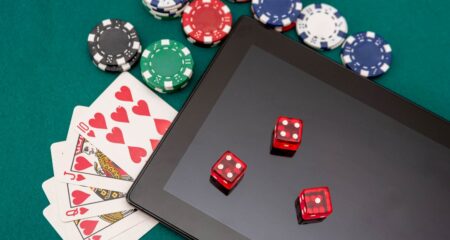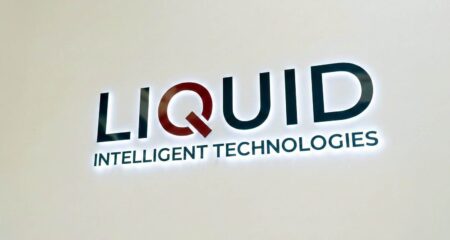
South Africans will soon get their medication from self-service, “ATM-style” machines.
This was one of the announcements made by the South African ministry of health at the 21st International Aids Conference taking place this week in Durban.
The Pharmacy Dispensing Unit (PDU), currently being piloted at Thembalethu clinic in Johannesburg, is a self-service machine where patients can obtain their medication in the same way people withdraw money at an ATM, a process that most South African are familiar with.
To use the machine, all a patient needs to do is register for the service, after which they receive a card that is similar to a bank card. To “withdraw” their medication, users simply insert their card into the PDU machine, enter their Pin and select the medication they require from their prescription list.
The machine immediately dispenses the selected medication, eliminating the need for the patient to wait in queues. The PDU also allows patients to communicate directly with a trained pharmacist from the machine using a built-in videoconferencing function.
Addressing the delegates at the Aids conference, health minister Aaron Motsoaledi said South Africa is running the biggest HIV treatment programme in the world. In three decades, he said, the number of patients on treatment has increased from 400 000 to over 3,4m.
“However, the number of healthcare workers has not kept up with this increase, often leading to frustrated patients and lack of treatment adherence. The biggest challenge with not adhering to treatment is that it poses a real risk of the emergence of drug-resistant HIV, in the same way drug-resistant TB came about.
“It is thus imperative that we embrace all available measures to make it easy for people to continue with their treatment,” said Motsoaledi.
Other technologies announced by the health department include the stock visibility system, a mobile application that enables medicine availability information at primary healthcare clinics to be uploaded to a central online data repository.
The camera on the phone can be used to scan the medicine bar code and update stock levels, thus enabling healthcare workers to easily monitor the quantity of medication they have in stock and timeously order medication that might be running low. This will help to reduce the number of stock-outs at clinics.
The health department has also launched MomConnect, a free SMS service that provides pregnant mothers with regular foetal development updates throughout their term of pregnancy. The popular service already has more than 800 000 registered users.
Delegates at the conference also got a glimpse of Mothers2Mothers, a service that connects new mothers to experienced mentors to help them through their pregnancy; the Medication Adherence app, which reminds users of their clinic or hospital visits and to take their scheduled medication; as well as B-Wise, a youth-focused online service that provides young people with health information and allows them to have their health-related questions answered by an expert adviser within 48 hours. — SAnews




